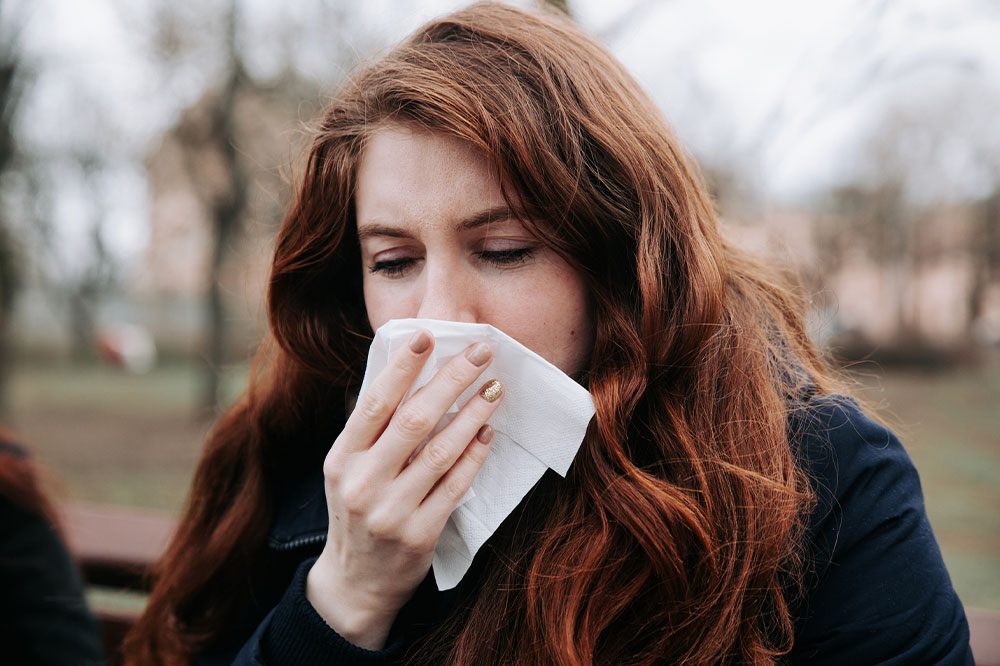
5 worst cities allergy sufferers should avoid
Allergies can be tough to live with. Studies indicate that environmental factors such as tree and grass pollen, dust mites, and mold trigger this condition. Some common allergic reactions include sneezing, coughing, watery eyes, runny or stuffy nose, or even swollen mucous membranes. Due to their climatic or geographical features, some cities may be bad for allergy sufferers. Keep reading to learn about cities that are best avoided if you are battling allergies.
Scranton, PA
According to a survey by the Asthma and Allergy Foundation of America (AAFA ), Scranton recorded below-average scores for spring and pollen allergies. Additionally, the allergy care program is not appropriate due to the lack of availability of allergy specialists, especially during the spring and fall allergy seasons. One of the reasons behind the pollen count upsurge is the birch tree growth surrounding the city’s coal banks that trigger a reaction.
Wichita, KS
Wichita is another city that scores below-average points in allergy management. Due to the rising temperatures during spring, tree growth increases, leading to more pollen production. This pattern also leads to a general increase in over-the-counter (OTC) treatment options to manage allergy symptoms.
McAllen, TX
The cedar pollen carried into the city by the mountain breeze is a significant trigger of allergy symptoms. Besides this, the low rainfall in the city is also responsible for allergy flare-ups as the pollen count in the air keeps growing.
Richmond, VA
The pollen count increases during the spring due to a high growth spurt in trees. Also, since there are few allergy specialists in the city, the population is not well-equipped to battle the symptoms with the help of a proper treatment plan. Furthermore, it causes overuse of OTC treatment plans, which may not be as effective as a prescribed treatment plan.
Springfield, MA
Springfield is known for its poor air quality, mainly due to its valley landscape, which allows the air to gather low, including carbon dioxide. This, along with the production of pollen from the surrounding trees, can worsen allergy symptoms.
Precautions to take during allergy season
It is advised to check the weather forecast daily and keep a tab on the pollen count in the air. It can help you plan your outings accordingly and reduce the chances of triggering a reaction. It is also advised to wear a mask, sunglasses, and scarf to cover your hair which may carry pollen particles back home if you are traveling. If you have pets, make sure to limit close contact with them as they spend a lot of time outdoors, and their fur coat may trigger an allergic reaction. Lastly, consult an allergy specialist if your symptoms worsen or become difficult to manage at home.







